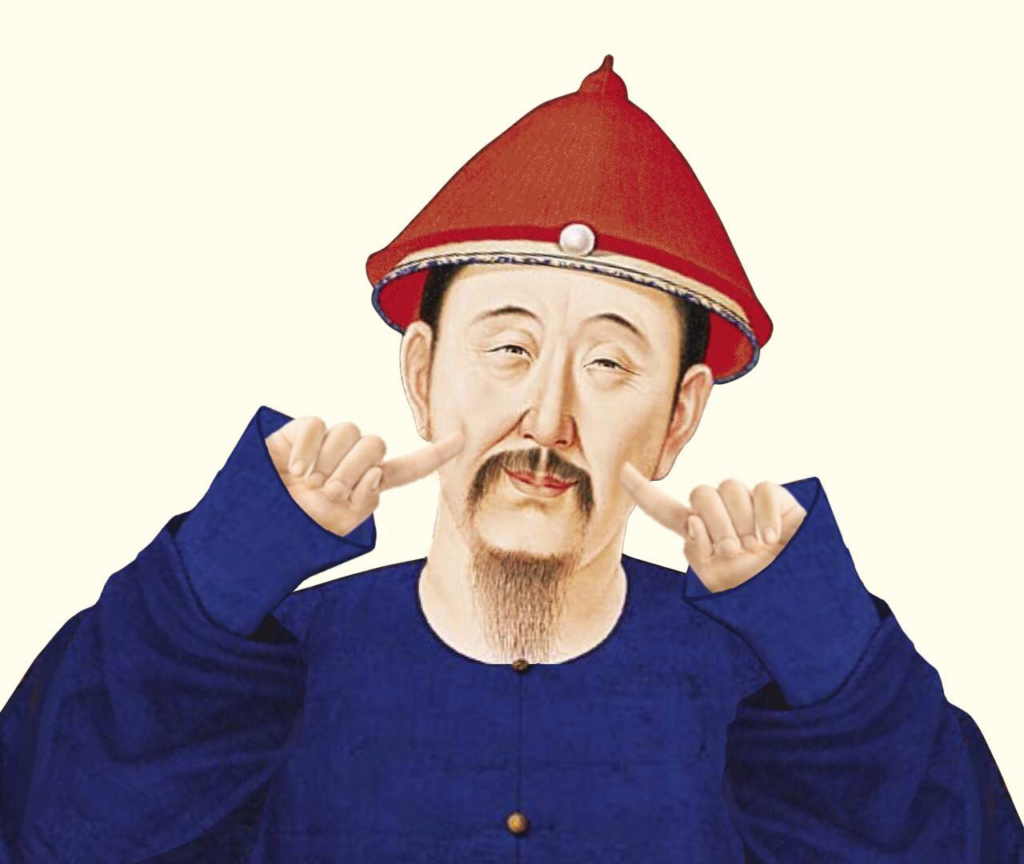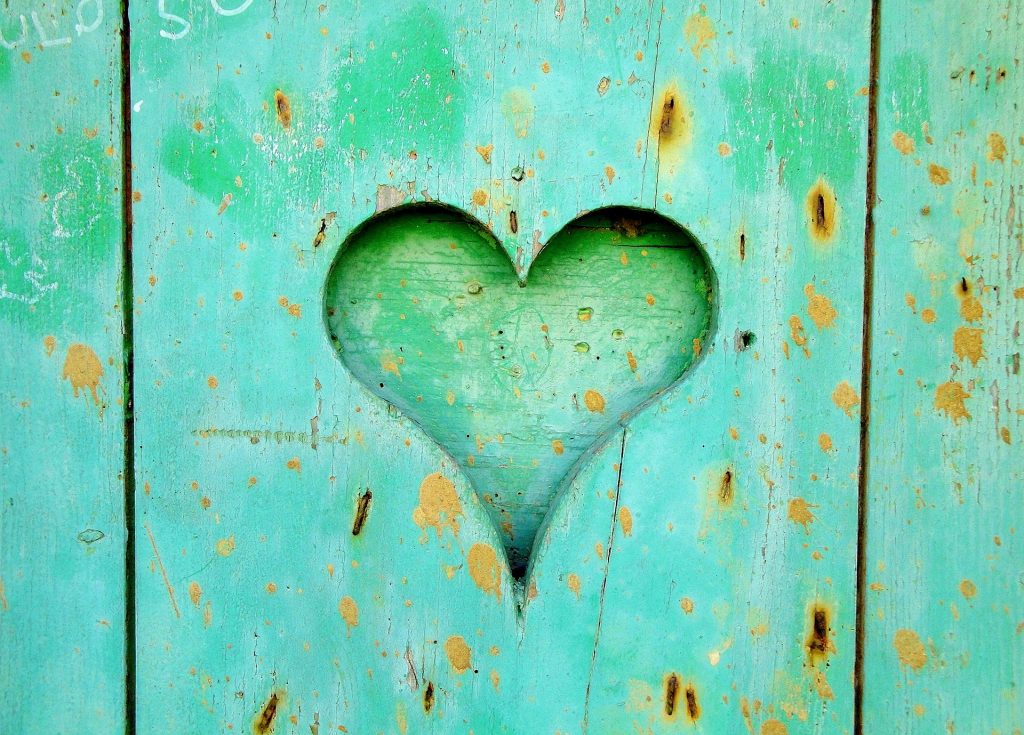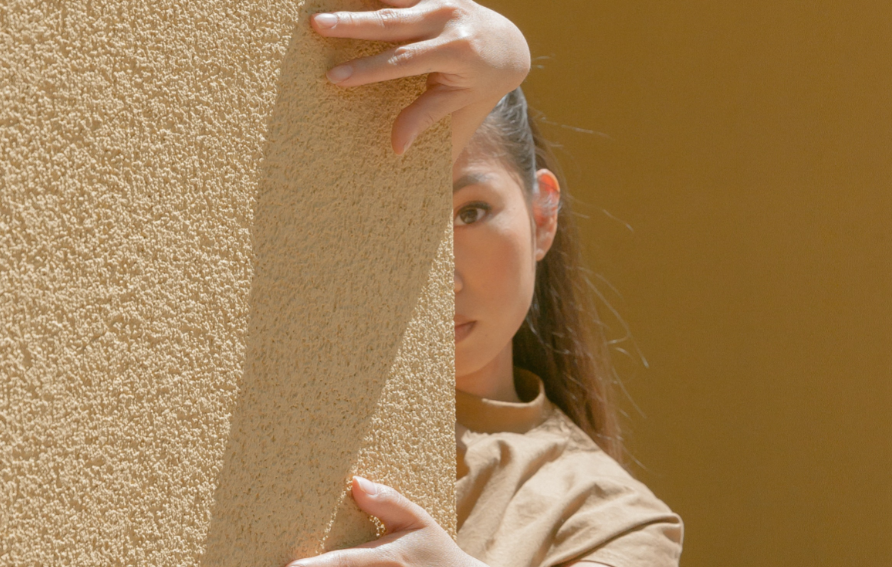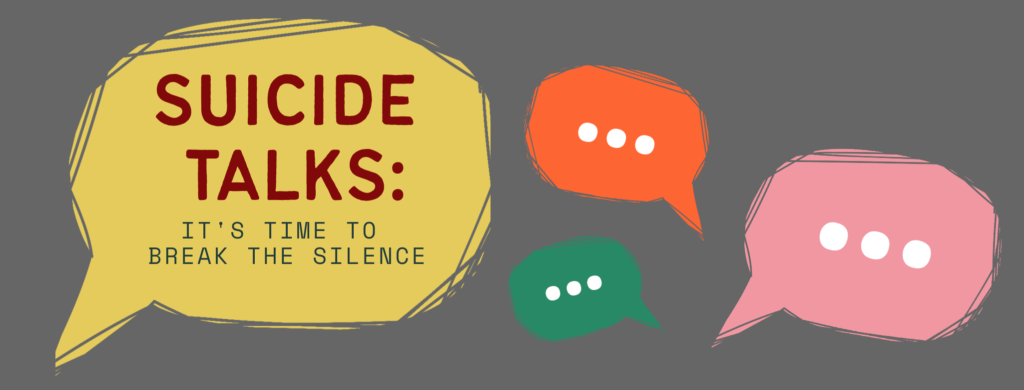Chinoy Culture And Mental Health
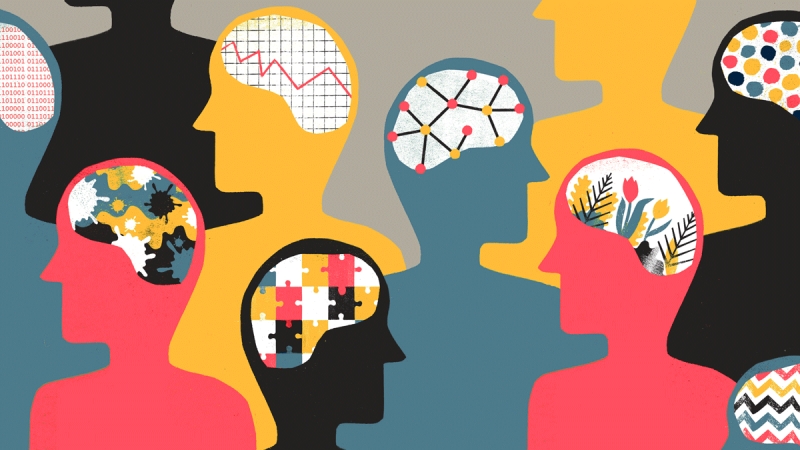
[Trigger Warning: This article contains mentions of depression, anxiety, bullying, mentally abusive behavior, drug abuse and suicide which may cause distress to audiences.]
As time progresses, conversations regarding mental health continuously increase. What was considered as a taboo subject before is now a global topic on the rise. However, there are still a lot of conservative countries and cultures that see mental illnesses with bad light. But how about in the Chinoy culture? Is there still a stigma?
So to shed light regarding this topic, we asked Dr. Criscely L. Go, a Chinoy Neurologist and Psychiatrist, to talk about the Chinoy culture and how it affects the mental health status of Chinoys.
1. How is the mental health state in the country in general?
“The mental health state in the country is becoming more important as more and more people get educated enough to value mental health in terms of employment and the economy. We need mentally fit individuals to run the country. In terms of mental health related consults, then it is on the rise. We see about a 30% increase from the past 5 years.”
2. Do you have Chinoy patients? If you do, around what age?
“Yes. Around 14 years old to 60’s.”
3. Please identify specific mental health issues that are challenging your Chinoy patients, and your perceived causes or explanations for the issues.
“Anxiety and Depression are the most common [issues]. Some causes include:
1. As the generation changes, most of these kids do not do well with handling responsibilities in school and the family business; so the balancing act is more difficult as the younger ones become more distracted.
2. [These kids] can’t handle the demands of parents.
3. Feels depressed as parents are also addicted to social media and the internet and they feel left out or alone
4. Bullying is rampant in colleges
5. Relational issues between families and between peers are a common [cause]
6. For married couples, financial stability is a primary concern.
7. Chinese-Filipinos are often known to be business savvy, and when these people fail to live up to their peers, it is looked down upon by most of the Chinese-Filipino communities. So the pressure to do well is huge.
8. Among married couples, especially those who followed the traditional arranged marriage set up, issues on marital discord and dissatisfaction is big.
9. LGBTQ is NOT yet widely accepted in the chinese communities so these people suffer from depression. Gays, [in particular], are burdened with the responsibility to sire children and bring the chinese name; hence, [a lot of them] go underground and live double lives.
10. Marrying outside the culture (Filipino women or men) is a big issue; even to the point of disinheriting their own children.
[Another prevalent mental health issue is] drug addiction. Since the young chinese is given material freedom by their parents, they suffer from drug addiction issues much like their Filipino counterparts.”
4. Would you say that there’s a good amount of Chinoys consulting Psychiatrists?
“I would say there’s a good amount of Chinoys consulting Psychiatrists. With media coverage of suicides and mental health related issues, more and more people in the country are more aware that this is an existing medical condition like hypertension and therefore need to be treated. Plus, chinoys can afford psychiatrists and place a value on general wellness”
5. What is the most challenging experience that you’ve had with a Chinoy patient or parents of a patient?
“It’s mostly when the more traditional parents [that] meddle in terms of treatment. Most of the older generations do not believe in medication for depression and anxiety. They think they should just deal with it.”
6. Do you think there is a stigma regarding mental health in the Chinese Community given the amount of Chinoy patients consulting psychiatrists? Why or why don’t you think so?
“Yes there is still some stigma. They think [it] is embarrassing if the relatives find out you’re seeing one. [They could also think] that you’re crazy for seeing one. But occasionally the stigma is in reversed where relatives force a gay chinoy, for example, to see a psychiatrist to cure him out of his gayness.”
7. What do you think is something common in your Chinoy patients and their parents?
“Although the generation changed a bit whereby kids are getting more independent and vocal, there are still traditions that are maintained. Mental health is still considered a taboo especially among the Chinese and the Xinquiao. [Older generations still] find it hard to accept the science behind it. Most will try to hide them inside institutions who can take care of them rather than have them around to cause social embarrassment.”
8. If you believe that there is a stigma based on your observations, how can we change this?
“People can remove the stigma by being more educated on the causes of mental health issues. The biology behind it is very much important as is the environmental triggers like stress or family environment. Much of the research being done is on brain chemicals and how we can control them to be better mentally. I think also we need to train our loved ones (family and friends) so that they can be open to talk about these things. As most Chinoys, we see our parents as authoritarian figures and hence we hesitate to open up to them. I think this needs to be changed, and that we should offer encouragement for people undergoing stressful life events.”
9. Please provide a short message to Chinoys experiencing a mental health illness?
“If you or a loved one is experiencing anything that seems unusual and you have lost the joy in everyday life, it could be a mental health issue, so just be open to talk about it. See consult if possible. There’s a lot of mental health professionals now who you can talk to.”


